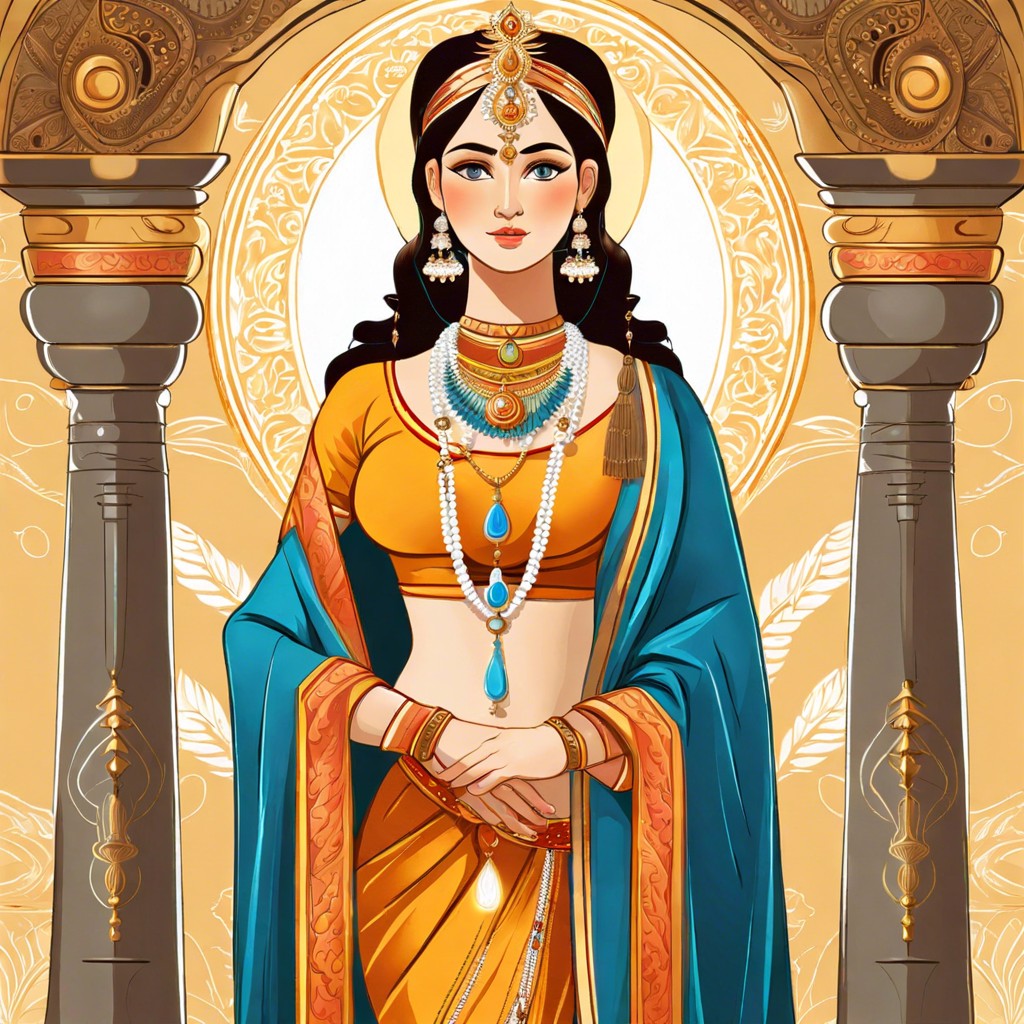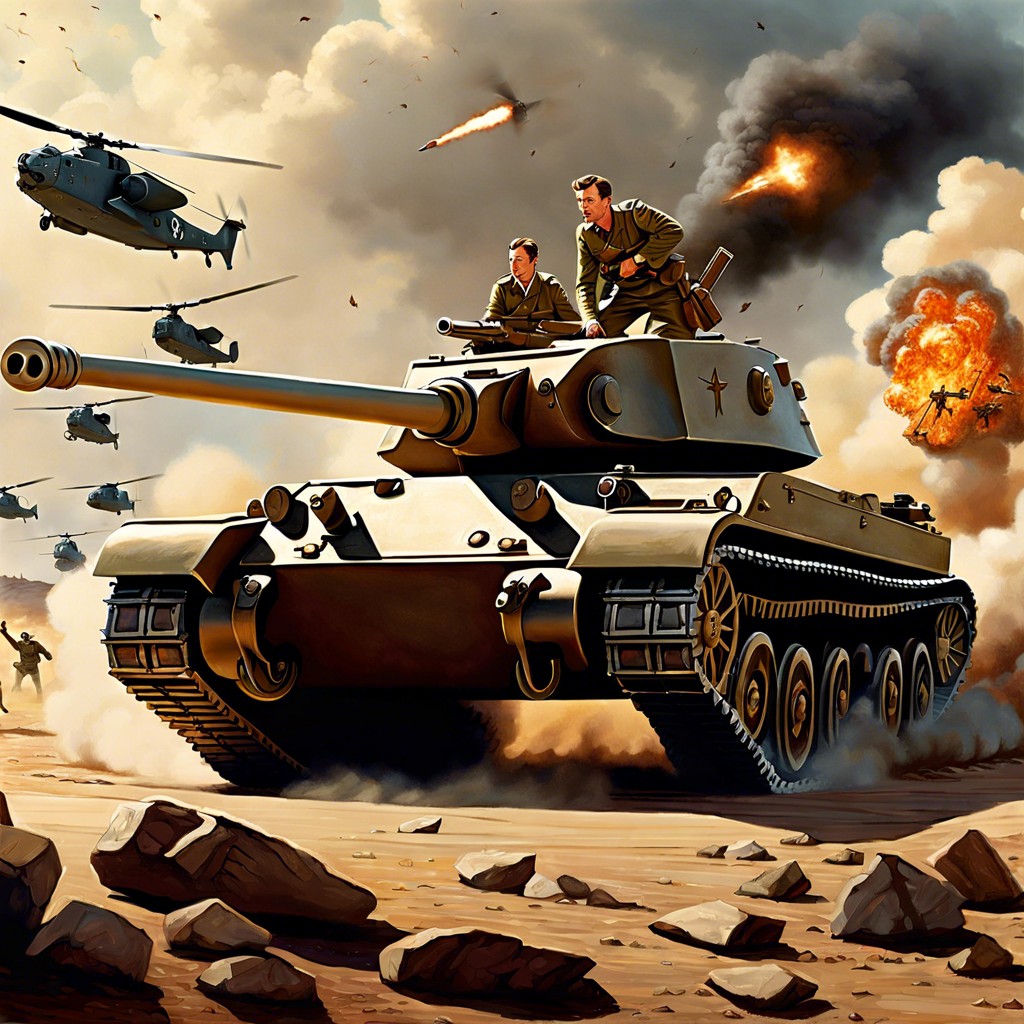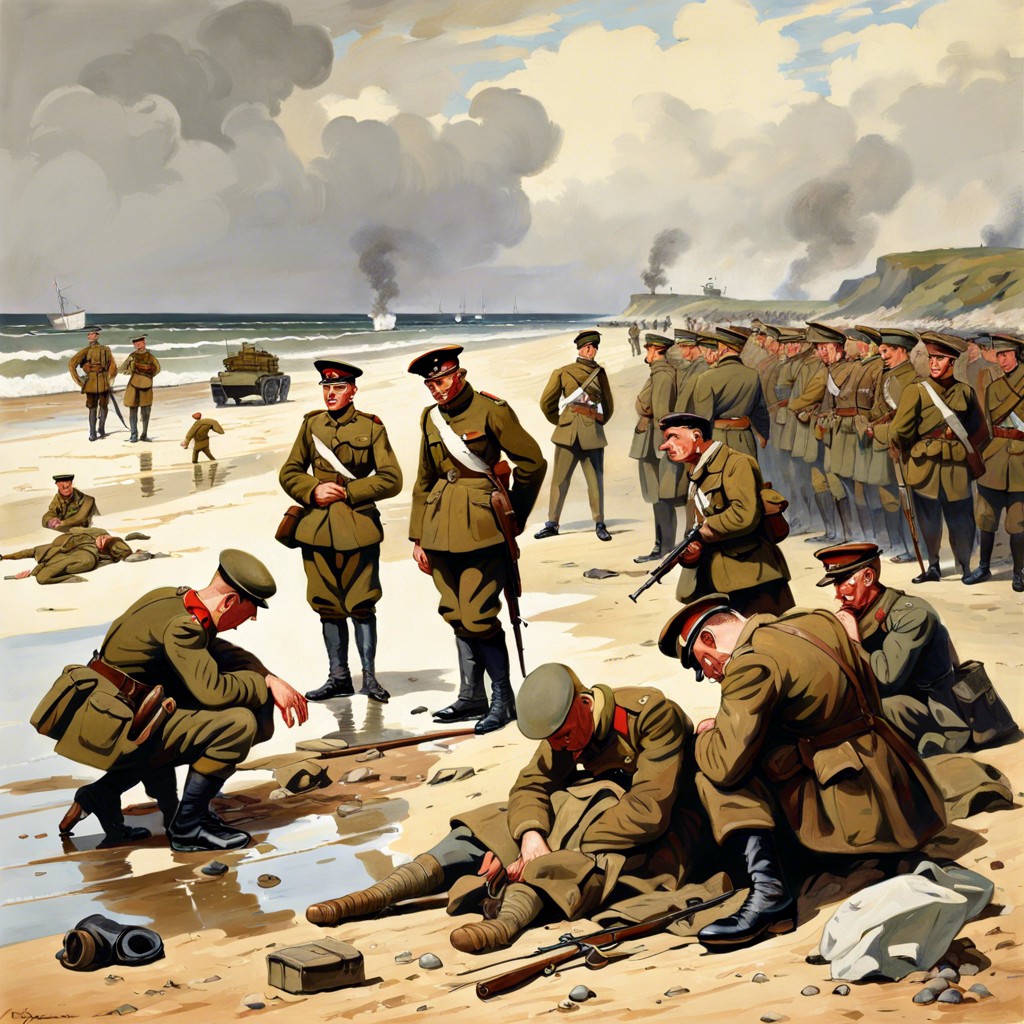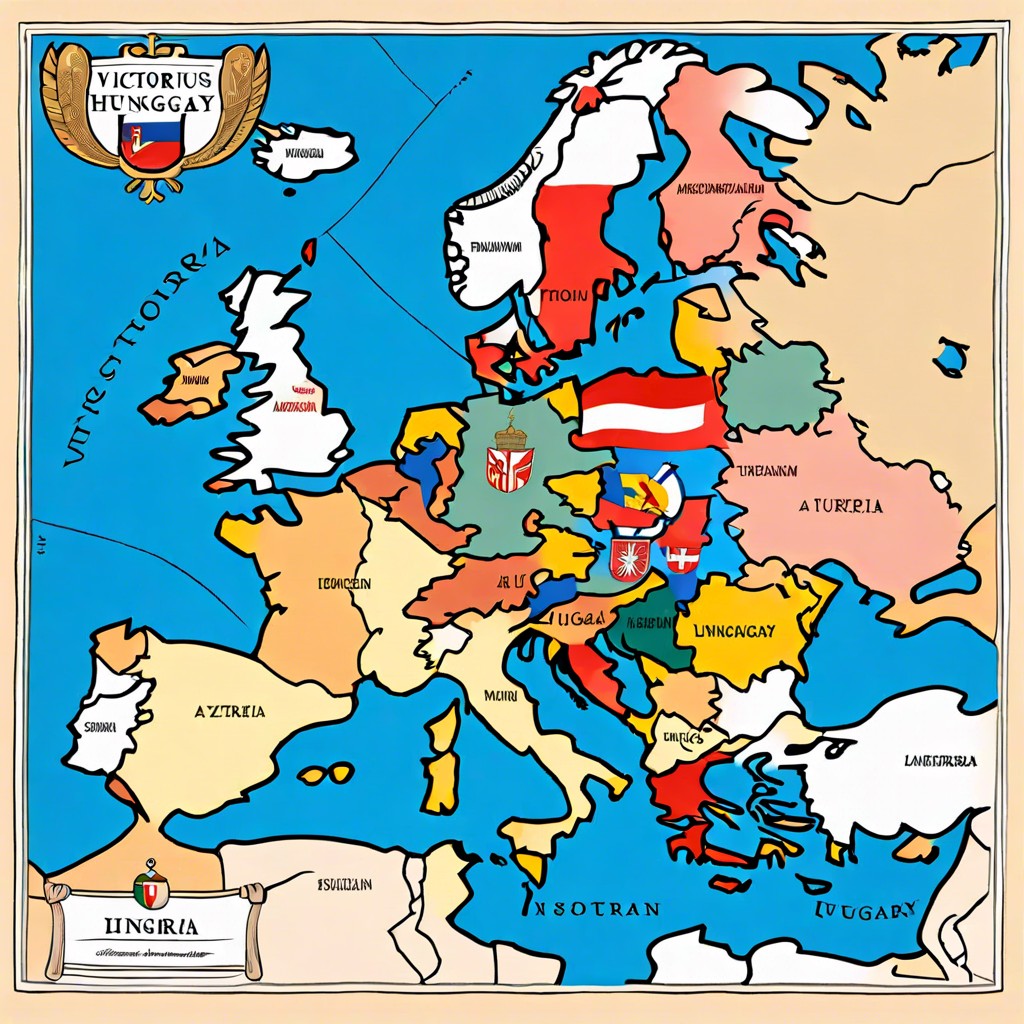Imagine a world where Jesus was never crucified and its monumental impact on history, art, and culture.
Imagine a world where the iconic symbol of Christianity never existed, where crosses didn’t define churches and “Good Friday” was just another day. Buckle up, because we are diving into a reality where Jesus never faced the crucifixion. We’ll explore the ripple effects on Christianity’s core beliefs, shifts in historical and political landscapes, a transformed view of Jesus in today’s society, and the shockwaves across various religions and cultures. Hold onto your hats; this is going to be one wild historical and theological rollercoaster!
Key takeaways:
- Diverse interpretations of Jesus would emerge.
- Christianity might focus more on life than death.
- Political landscapes shift significantly without martyrdom.
- Holidays and cultural narratives would change dramatically.
- Interfaith relations may become less contentious.
Impact On Christianity: Changes in Doctrine and Beliefs
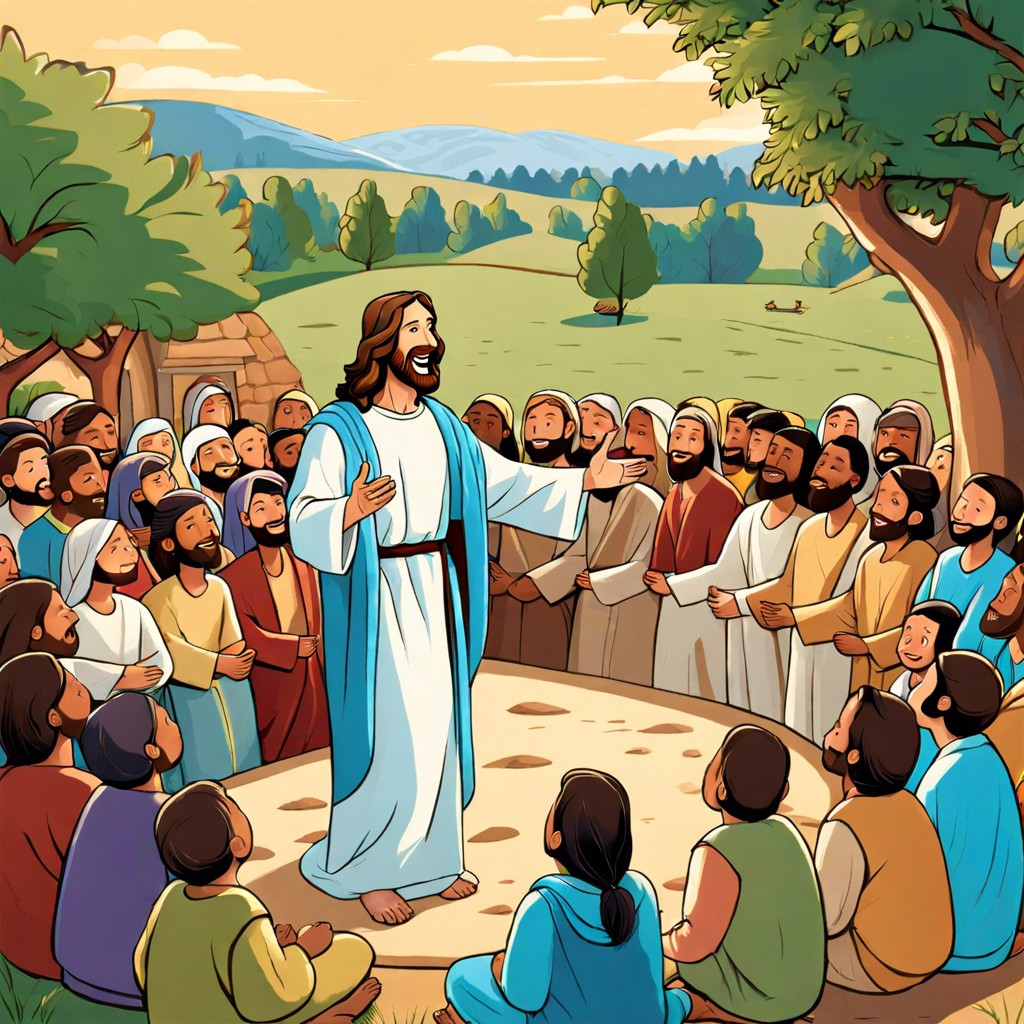
Let’s imagine a world where Jesus never faced the cross. First off, the crucifixion is the cornerstone of Christian redemption: without it, the very meaning of salvation gets a major makeover. Churches might have gorgeous murals of Jesus giving TED Talks instead of hanging on the cross!
Secondly, communion bread and wine? Out. Maybe a substitute like hummus and sparkling water gains popularity. The last supper would have just been another meal, no more sacred than a brunch with friends (minus the eggs benedict).
And let’s talk martyrdom – the Roman Empire has fewer reasons to crack down on the burgeoning group of disciples. Essentially, Christianity might evolve with fewer persecution dramas and more peace treaties.
Plus, the resurrection. Without a crucifixion, Easter might just feature a resurrection after a pretty intense nap. Not quite the same dramatic flair!
So, there’s a lot to ponder—a less sacrificial, more conversation-driven Jesus would require some fascinating shifts in both theology and tradition.
Historical and Political Consequences
Imagine a world where the early Christians, instead of rallying around the image of the Crucified Christ, had a living, breathing leader to follow. Rome might have had a tricky situation on its hands. No martyrdom means no explosive early Christian movement to shake up the empire.
Firstly, the leaders of the burgeoning Christian community would lack the powerful symbol of sacrifice. Jesus’ teachings alone, while impactful, might not have spurred such fervent growth. The message of resurrection loses its punch without the crucifixion backdrop.
Secondly, political tensions between Jews and Romans may have played out differently. A charismatic leader like Jesus continuing his ministry could provoke more immediate crackdowns, altering the social fabric of the time.
Lastly, consider the domino effect on subsequent historical events. Would Constantine have adopted Christianity if it hadn’t already woven through the empire, fortified by the story of a crucified and risen savior? Unlikely. Without that, the whole medieval European landscape shifts, possibly leading to a different religious and cultural foundation altogether.
So, if you think politics today is a tangle, imagine a knot where this thread was never woven.
The Role of Jesus in Modern Society
In today’s world, Jesus is often seen as more than just a religious figure. He’s a symbol of kindness, compassion, and moral guidance. Many people look to his teachings for inspiration, regardless of their religious beliefs.
Imagine a society where Jesus was never crucified. The story of his self-sacrifice might be different, altering how people perceive concepts of forgiveness and redemption. Would his teachings focus more on daily life and less on salvation?
Consider how different holidays might be. Easter without the resurrection story would feel like a chocolate bunny without its ears – something crucial would be missing.
Even popular culture would be impacted. Think of the countless songs, movies, and books inspired by the crucifixion. The creative landscape would shift dramatically, offering us different narratives and heroes.
In essence, the role of Jesus in today’s society might pivot towards his life and teachings, rather than the dramatic climax of his death and resurrection. Different, but no less profound.
Theological Implications in Different Religions
Christianity, Judaism, and Islam might have rewritten parts of their theological doctrines. For Christians, the crucifixion is a cornerstone, symbolizing sacrifice and redemption. Without it, the concept of salvation could have taken a different shape, perhaps focusing more on Jesus’ teachings than his sacrifice.
Judaism might have regarded Jesus purely as a prophet or influential teacher rather than a revolutionary figure who died a martyr’s death. This could alter the delicate balance between the two faiths throughout history, potentially smoothing the contentious rift.
In Islam, Jesus (Isa) is already perceived as a revered prophet who was not crucified but taken up by God. A non-crucified Jesus would align more closely with Islamic teachings, possibly making interfaith dialogues a lot less complicated but undeniably less dramatic.
Buddhism and Hinduism, from which perspectives the focus is often on inner enlightenment, might not see enormous shifts but could nonetheless interpret Jesus’ life as a continued journey of teaching and guidance, shedding the dramatic end.
Religious art, stories, and theological debates throughout centuries would have a distinctly different flavor—perhaps focusing more on the parables and miracles, and less on a symbol of crucifixion that has haunted and inspired millions.
It’s like imagining Shakespeare without the tragic endings, still profound but with maybe a bit more sunshine and fewer ghosts.
Cultural and Artistic Influence
Imagine the Renaissance without Michelangelo’s Pieta or Da Vinci’s Last Supper. Oof! These masterpieces offer more than a splash of paint—they encapsulate profound narratives of sacrifice and redemption.
Shakespeare’s characters often wrestle with themes of betrayal and forgiveness, echoing a crucifixion-less narrative, would Hamlet brood as deeply? Would Lady Macbeth be as guilt-ridden?
Consider Christmas music. Without traditions anchored in the crucifixion story, “Silent Night” might have just been about a very quiet evening.
Finally, think pop culture. Would rock ballads or epic films like “Jesus Christ Superstar” ever find their groove?
The force of artistic works tied to Jesus’s life and death might miss an intensity that drives them into our hearts and museums.
